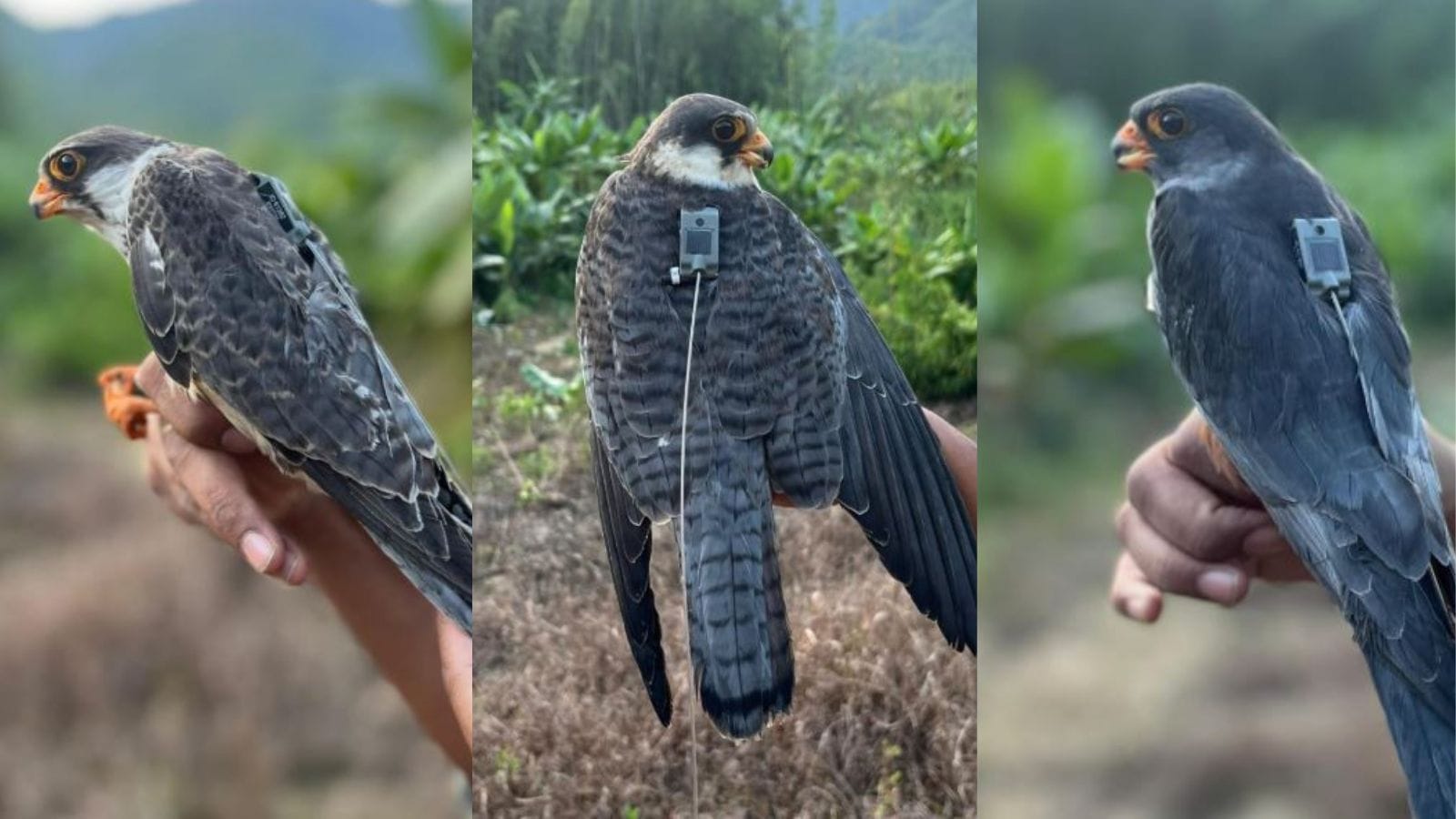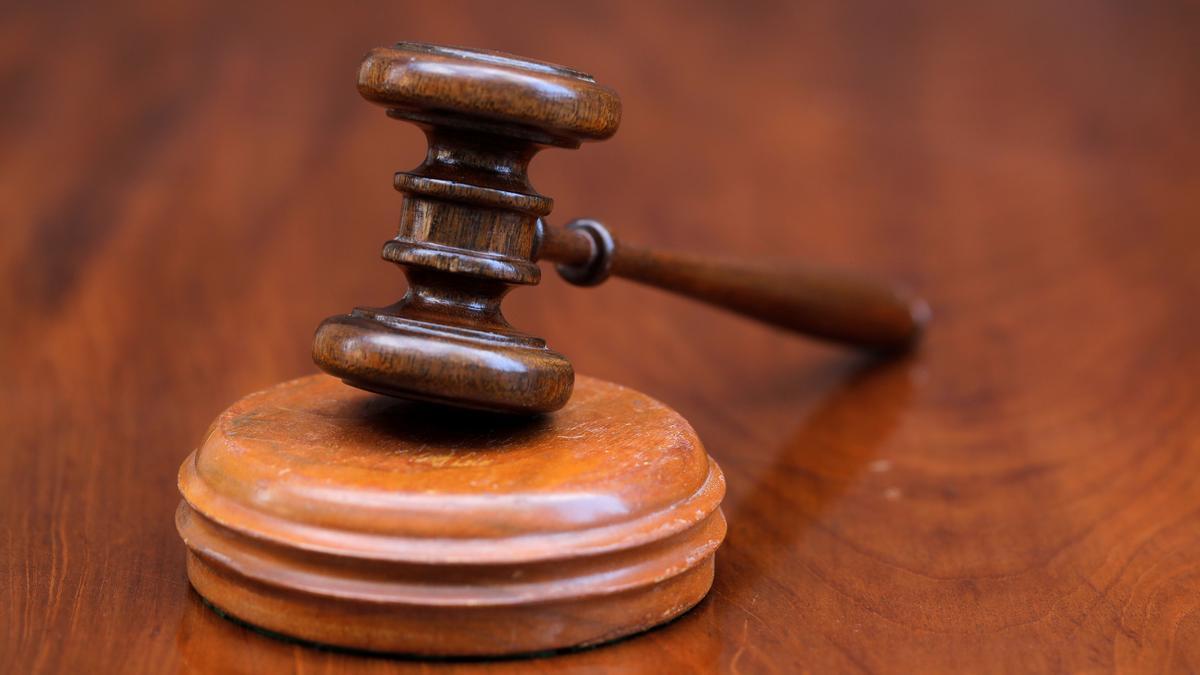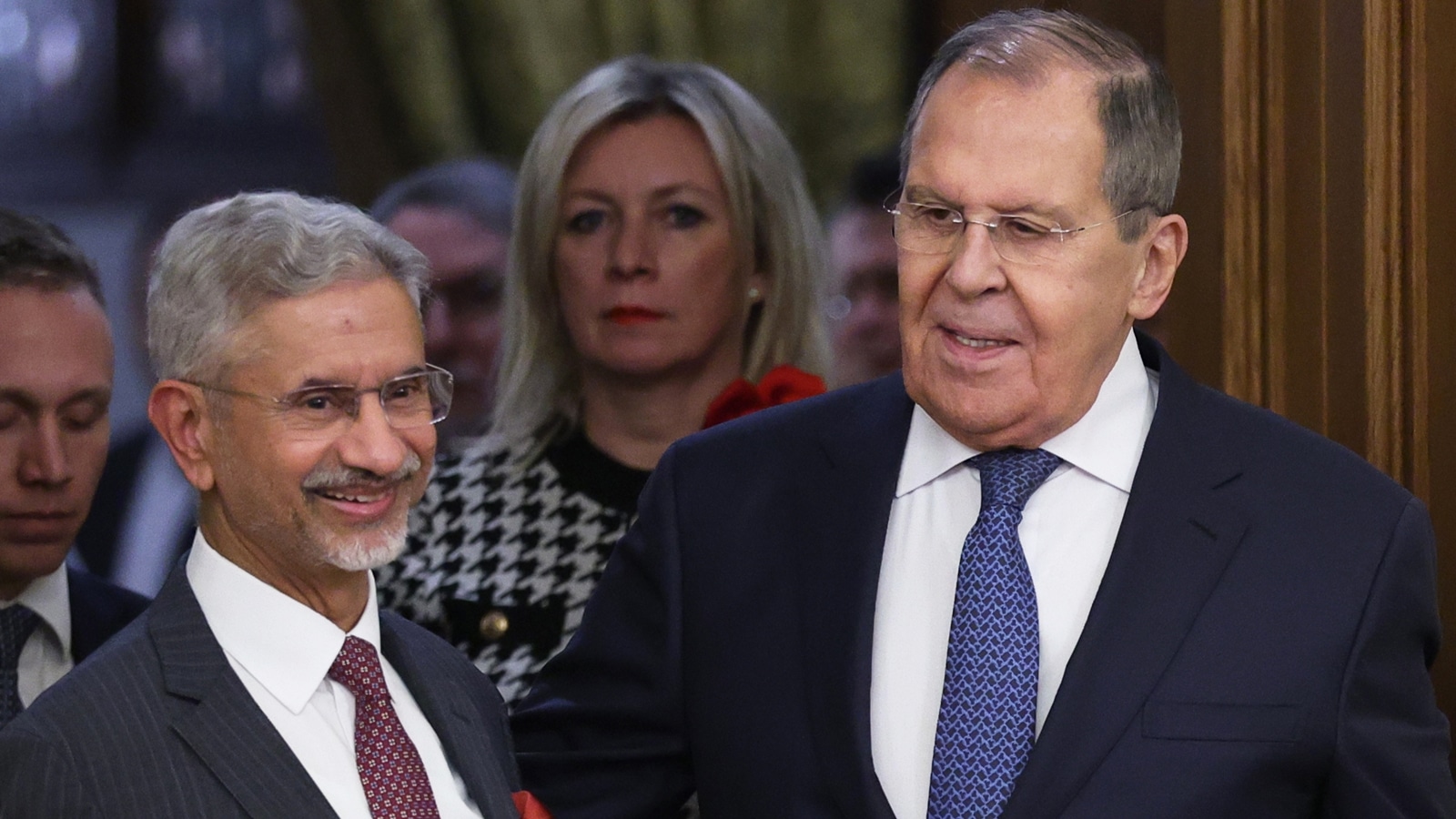I am 74 now, and I say the number quietly, letting it rest in my mouth like a stone softened by years of water. Seventy-four. There was a time when I imagined age would arrive like a clearing, a soft field, a place of rest. Instead it has come like a long corridor lined with doors, some open, many closed, a few still trembling on their hinges.
When I was young, I believed in rooms: summit rooms, negotiation rooms, rooms where the future was discussed in careful, calculated tones. We thought we were shaping history. Perhaps we were only borrowing it for an hour. I have since learned that history is not a table at which we sit. It is a tide that moves around us, regardless of our gestures.
I have sat across men who spoke of war as if it were weather. Predictable. Inevitable. A low-pressure system moving in. I have watched, from behind glass too thick to open, the slow collapse of promises. There are days when it feels as though I have escorted more silences than solutions. And yet, I am still here, still listening.
Sync and symphony
The South Asian Symphony Foundation’s events include:
November 28, Bengaluru: Symphony Lecture by Prof. Katherine Schofield; @Bangalore International Centre (BIC); 6.30pm. Register on the BIC website
November 29, Bengaluru: Beethoven’s Ninth Symphony, Raj Kapoor Centenary Tribute; @Prestige Centre for Performing Arts; 7pm; Tickets on BookMyShow.in
November 30, Chennai: South Asian Symphony Orchestra; @MS Subbulakshmi Arangam, Asian College of Journalism; 7pm; Register on sasf.in/chennai
What astonishes me is not the noise of the world. That has always existed. What astonishes me is how easily we forget the art of hearing. Diplomacy was never about eloquence. It was about breath, the pause before the sentence, the space between injury and response. We called it restraint. We should have called it wisdom.
And then there was music. Never as ornament, never as decoration, but as refuge. Music was the language I trusted when words began to rot. A symphony orchestra, to me, has never been a luxury of civilisation. It has been its last defence. The violins leaning into uncertainty. The oboe holding a thin, trembling line of truth. The timpani speaking only when it absolutely must. Each musician alone is vulnerable. Together they become architecture.

I think often of Beethoven now. A man sealed into silence by his own body, and yet he wrote joy. Not as denial, but as defiance. When he allowed the human voice to break into the symphony, he was not decorating sound. He was confessing it. We suffer. We endure. We belong. And that dangerous line still unsettles the world: Alle Menschen werden Brüder. All men become brothers. Not a suggestion, but a demand.
I think, too, of Gandhi, especially in quieter hours. He understood counterpoint before I ever knew the word. Strength that did not shout. Power that did not wound. Silence that was not weakness. They called him frail. They were frightened by him.

The South Asian Symphony Orchestra at a previous recital in Chennai. | Photo Credit: VELANKANNI RAJ
The young are angry now. They have every right to be. The world they have inherited is cracked in places that cannot be easily repaired. Sometimes they look at people like me as if we have failed them. On some nights, I agree.
But there are still small acts of resistance left to us. Musicians from lands that do not speak to each other in daylight sit side by side. They tune. They carry each other through difficult passages. There are no flags. No speeches. Just breath. That may be the most honest diplomacy that still survives.
I have no illusions. I know treaties can break. I know institutions decay. I know words lose their shine. But music still knows how to build a world inside silence.
I move more slowly now. I sleep more lightly. I forget names. I remember feelings. And I know this much with certainty: civilisations do not die from noise. They die when they stop listening.
If I have any work left, it is not to persuade, not to perform, not to impress. It is simply to keep a small space open, however fragile, where another voice may enter without fear. Where harmony is not an accident, but a choice.
That is the last diplomacy I believe in. And perhaps, in the end, that is enough.
The writer is a former Indian Foreign Secretary and the founder of the South Asian Symphony Foundation (SASF). She is based out of Bengaluru

 13 minutes ago
3
13 minutes ago
3









 English (US) ·
English (US) ·